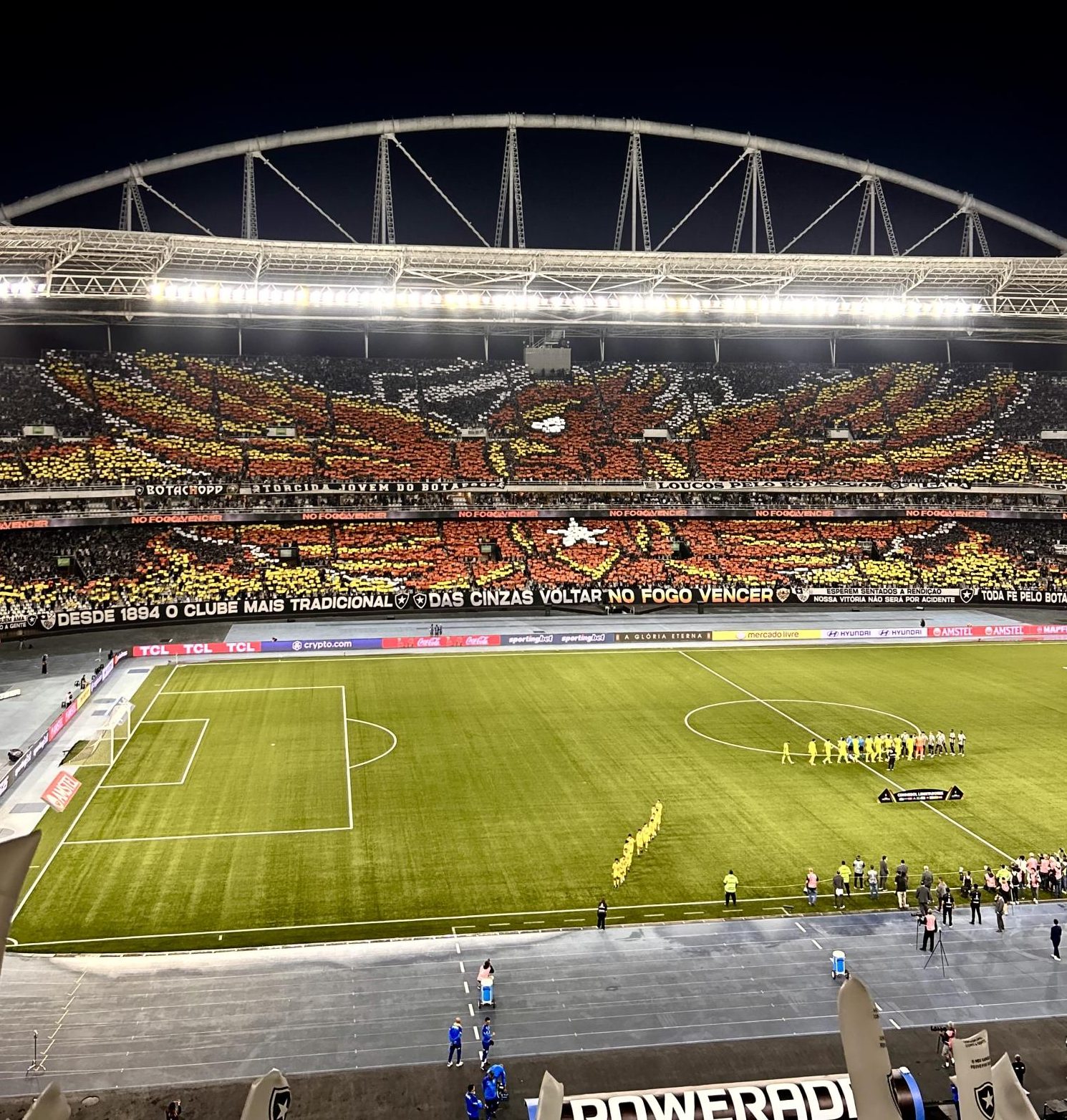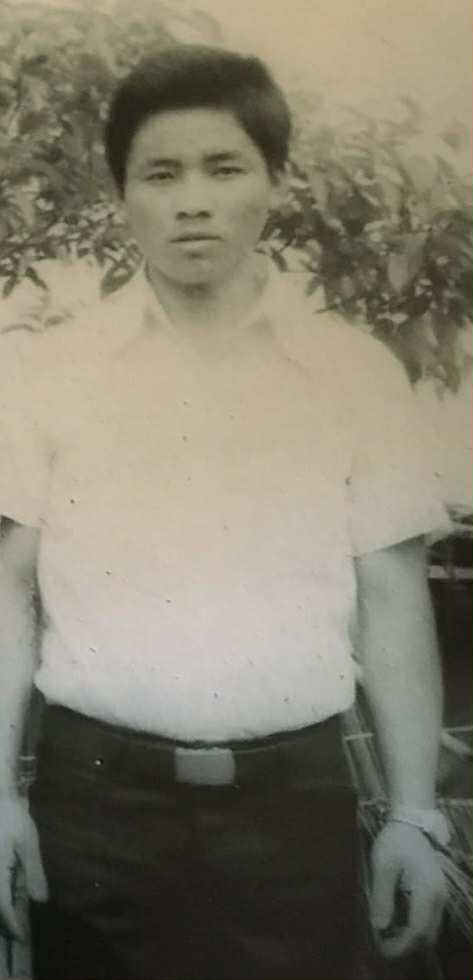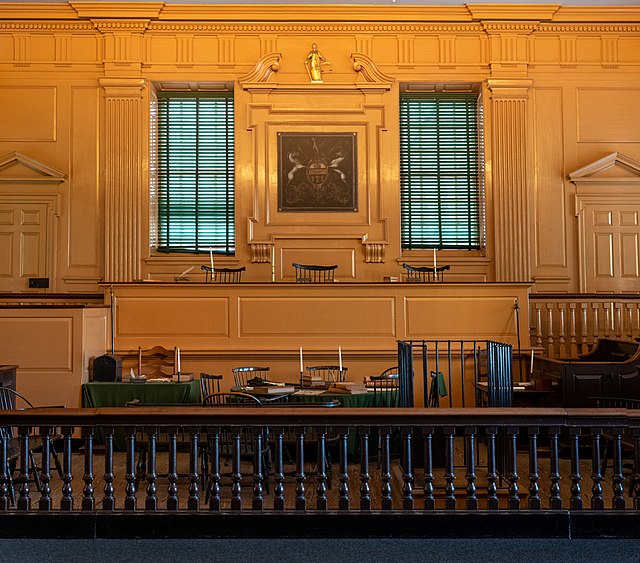On August 14, 2024, I had the phenomenal opportunity to be at the Nilton Santos Olympic Stadium to watch the Round of 16 first-leg match between Botafogo and Palmeiras.
The game, widely regarded as the most exciting Round of 16 match in the whole tournament, had everything to not only live up to that hype but also to be one of the greatest games in the entire tournament.

The enormous anticipation surrounding the match was due to the context that came with it.
Although it has been discussed in previous articles here on the Roadrunner, I’ll give a quick breakdown of what made Wednesday’s match so special.
For starters, the game brought a lot of old Botafogo trauma back into the limelight—it was a reminder of last year’s season collapse, where at one point Botafogo was 13 points ahead of everyone else but, after an unexplainable downfall, ended up losing the title to Palmeiras.
The most painful highlight of that horrific end to the season was a match against Palmeiras themselves, at the Nilton Santos, where Botafogo went 3-0 up but somehow ended up losing 4-3.
It’s for all these reasons and more that the Round of 16 draw, which put Palmeiras up against Botafogo, was considered by all to be the most exciting game in the Libertadores knockout stage so far.
And an exciting game it was.
Both Palmeiras and Botafogo entered the match with strong starting elevens and a fierce desire to win.
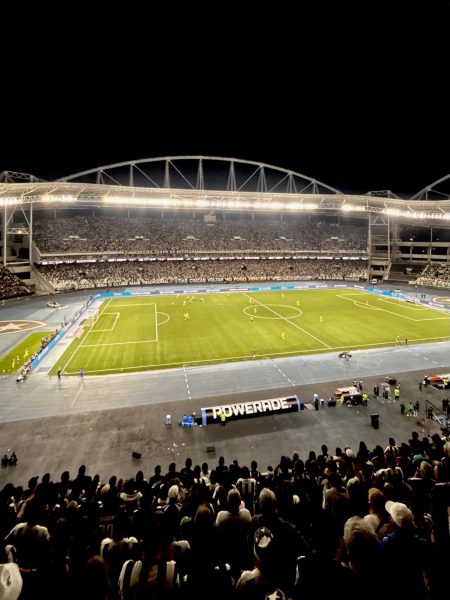
The final score was a 2-1 victory for Botafogo, allowing them to qualify even with a tie in the second leg.
For Palmeiras, a win would’ve been a great result as it would make the second leg, which will be played at home on August 21, much easier.
Beyond that, a victory would’ve helped to solidify their dominance over Botafogo and further humiliate the team from Rio, who still to this day find themselves fighting the demons from last season’s collapse.

On the other hand, Botafogo took the field with something very different in mind.
In an article I wrote about this game back when the draw occurred, I mentioned that for Botafogo, it was about more than just the qualification—it had also become about revenge. And don’t get me wrong, yes, it still is about that in the bigger picture, but on Wednesday, it was about something much more powerful than revenge.

It might’ve seemed like revenge—revenge can often be seen as causing someone harm as a way of getting back at them—but the truth is, revenge does not bring peace.
If someone steps on your toe and you go and step on theirs, that doesn’t make your toe feel any better. As my mom would say, two wrongs don’t make a right; they only generate more hate.
But Botafogo’s win didn’t come from revenge, it didn’t come from hate —instead, the win came from love.
Love for the beautiful game, as perfectly demonstrated by Luis Henrique, who had a sensational game, scoring once and showing such skill on the field that if your eyes got blurry, you’d think it was Garrincha himself out there.
The win also came out of love for the fans, who are always there, day in and day out, who always support and never give up.
This was embodied through Igor Jesus, who scored the game’s winner and fought with such fervor on the field that at times it felt like watching a Spartan warrior, and the way he battled for every ball made it seem like he was a fan on the field.
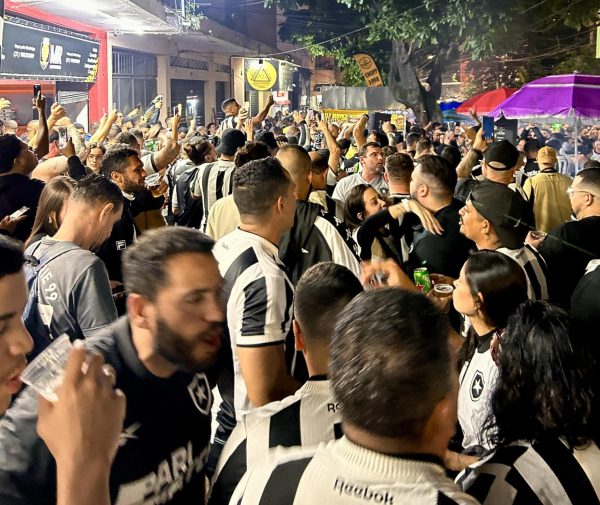
And most of all, Botafogo’s win came out of love for the beauty of what sports are, and how in sport, just like in life, you should never give up—just because you lost today, just because you were humiliated and stepped on, you should never give up, because tomorrow always comes, and if you keep not giving up, one of these tomorrows will be your today, and your today could just be your day. And when your day comes, like Botafogo’s did on Wednesday, you will rise like a phoenix, burning all those who stepped on you and proving wrong all those who doubted you.
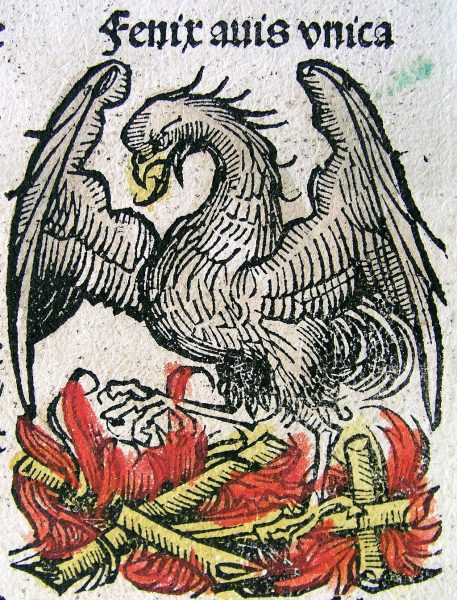
If you can see the correlation between the story of the phoenix and that of Botafogo, you’re not the only one.
The stories fit so poetically well together that Botafogo’s fans made a tifo with a big, beautiful phoenix as a representation not only of the team’s comeback but of what it means to rise again after a fall.
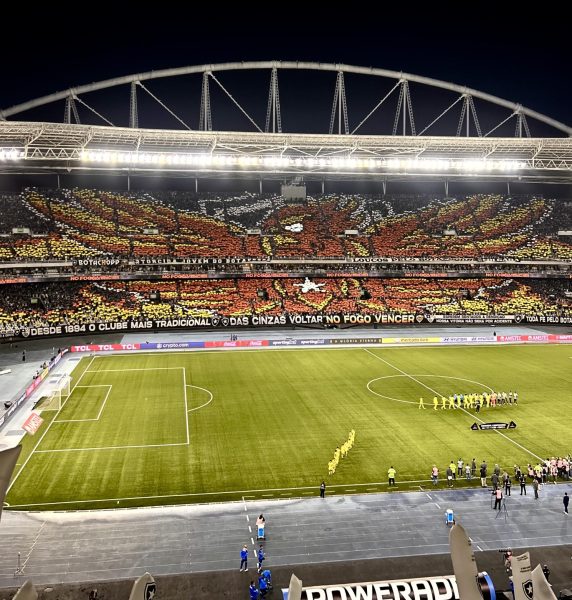
And if there’s anyone who knows about falling, it’s Botafogo.
I’ve never hidden how much I adore Botafogo, I always try not to let it steer too much of my writing, I always write about every team and try to tell every story.
But putting down the journalistic hat for a second and speaking as Nathan, a kid who has been with Botafogo for as long as I can remember, I assure you that if there’s one thing Botafogo is good at, it’s failing.
From failures, before I was born, like the massive collapse in the Brazilian Cup final to Juventude, to others that I got to see with my own eyes, like our relegations in 2014 and 2020, and the exit in the Libertadores in 2017 to Grêmio, or our semi-final Brazilian Cup loss to rivals Flamengo in the same year.
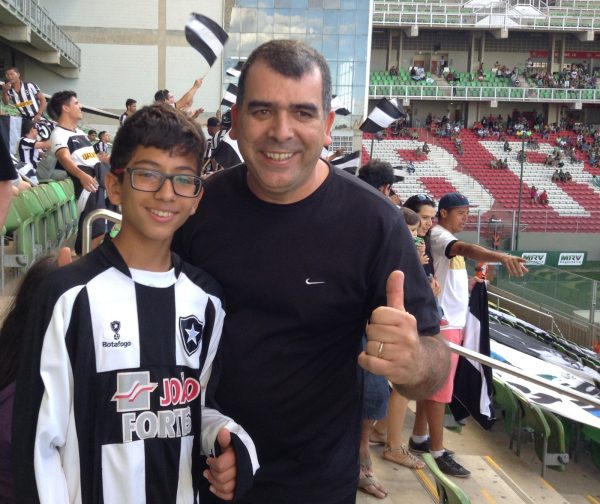
To put in short, throughout all of modern history we have always lost, and lost, and lost.
But with time, I’ve learned to understand that there is beauty in supporting a team that always loses. It teaches you that the love you feel for something has nothing to do with how good that thing is, but with how much it means to you.
And to me, just like thousands of other fanatics, Botafogo has always meant everything. the same way that failure after failure, I never gave up on Botafogo, Botafogo never gave up on me.
Year after year, we both keep showing up, with hope for a better day. And that’s what it’s about—it’s about believing, it’s about not giving up.
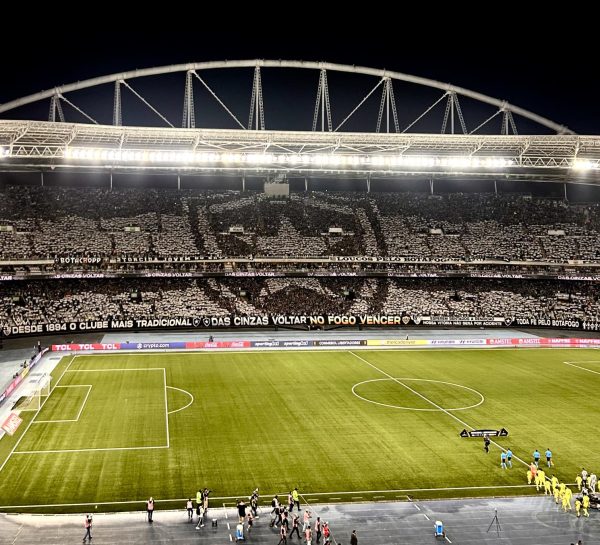
It’s about being burnt every night and every morning rising again. It’s about not being scared of the monsters we will have to face because, at the end of the day, our desire to win must be greater than our fear of losing. And with that mentality, greatness is the only possible outcome.
To keep showing up, to keep trying, one must love what they do.
If I didn’t love Botafogo, I would’ve stopped watching games a long time ago, but I love them, so I don’t. In the same way that every day we get burnt but we still keep going—we don’t do it out of hate, we don’t do it because someone is forcing us to, we do it because at the end of the day, we have something we love, and it drives us to do what we do.
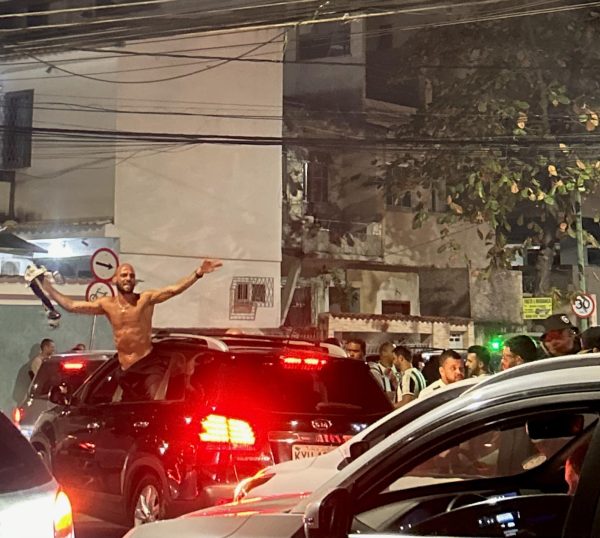
Whether your Palmeiras is having to retake a stats class, apply to a new job, or maybe even if it is having to face Palmeiras in the Round of 16 of the Libertadores, it’s important to remember that without war there isn’t glory,and without love, there isn’t meaning to anything we do.
And it was love that gave meaning to Botafogo’s win on Wednesday.
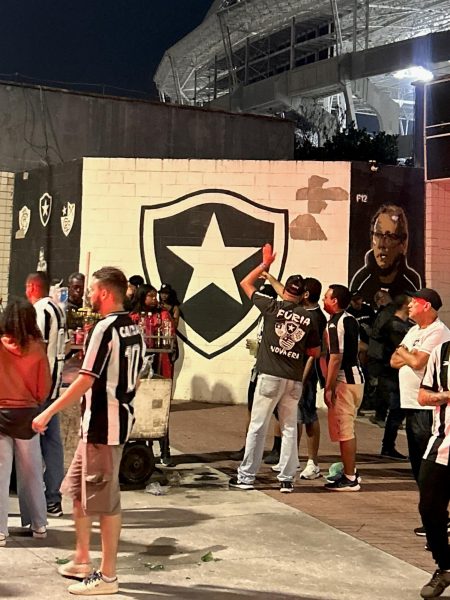
More than just a story of redemption, Botafogo’s journey in this year’s Libertadores is a tale of consecration. It’s the story of a team that faced failure, walked through hell, and came back brighter than ever, teaching us all a powerful lesson—a lesson about finding the strength to rise from the ashes, to keep going even when the monsters ahead of us seem unbeatable, and most of all, to do it out of love—love for the game, love for oneself, and for the journey itself.


